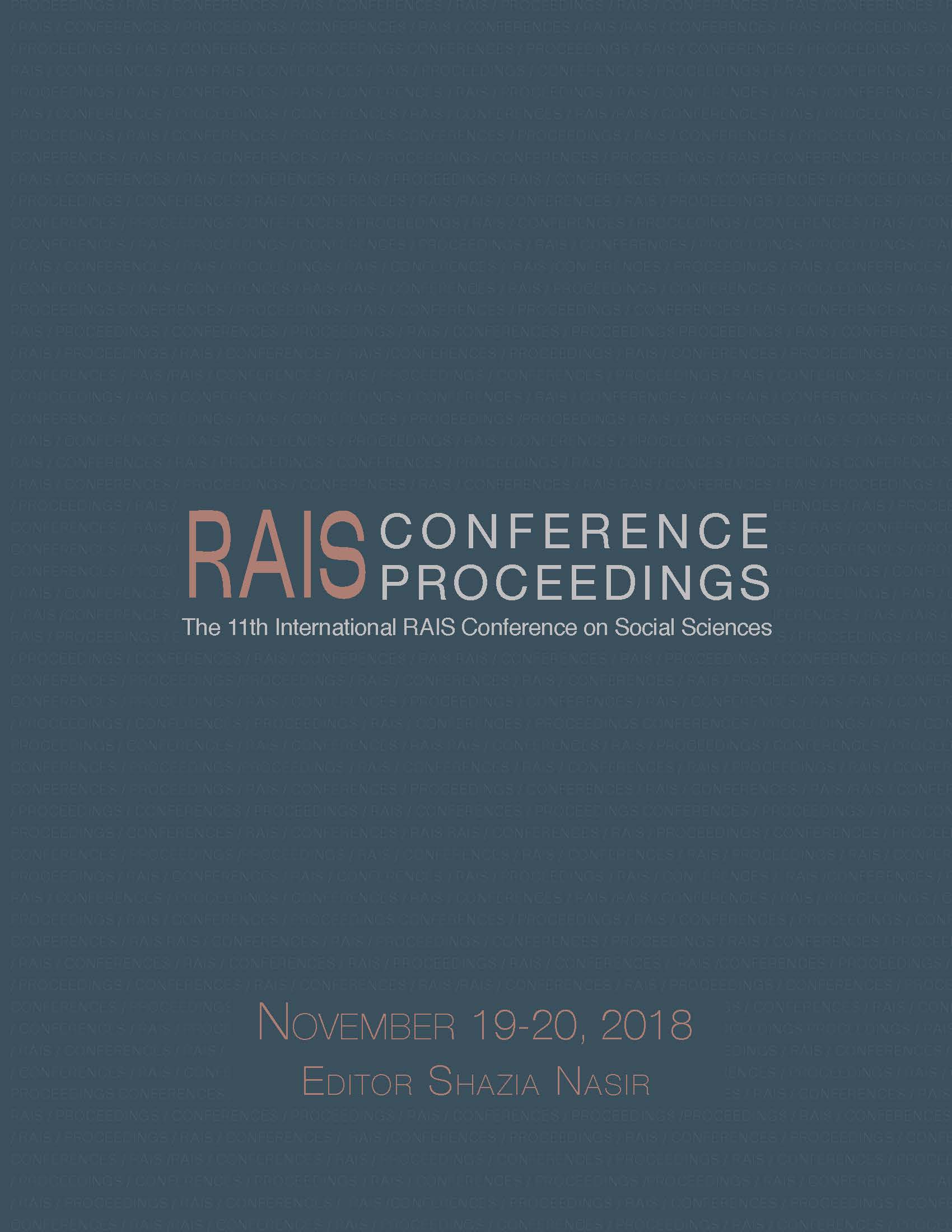Embracing Children’s Right to Decisional Privacy in Proceedings under the Family Law Act 1975 (Cth):
Embracing Children’s Right to Decisional Privacy in Proceedings under the Family Law Act 1975 (Cth):
In Children’s Best Interests or a Source of Conflict?
Author(s): Georgina Dimopoulos
Subject(s): Law, Constitution, Jurisprudence, Family and social welfare
Published by: Scientia Moralitas Research Institute
Summary/Abstract: Privacy and family law are both dynamic, subjects of passionate debate, and constantly changing with developments in society, policy and technology. This paper develops a normative understanding of the meaning and value of privacy in the context of proceedings under the Family Law Act 1975 (Cth) (Family Law Act) that embraces children’s decision-making autonomy. The focus is privacy’s decisional dimension, which has received scant scholarly attention in the Australian family law context. Recognising and respecting children’s (as distinct from their parents’) decision-making autonomy, and children’s right to make decisions that might conflict with their parents’ (and the state’s) wishes, remain significant, and unresolved, challenges for the Australian family courts. This paper explores these issues using court authorisation of special medical procedures for children diagnosed with gender dysphoria as a case study. This paper argues that the construction of children as vulnerable to harm and the hierarchical nature of the parent-child relationship under the Family Law Act, coupled with judicial approaches to determining the ‘best interests of the child’ as the paramount consideration, have inhibited the Family Court of Australia from embracing children’s decisional privacy. This paper addresses concerns about the perceived conflictual consequences of doing so. It emphasises the relationality of children’s rights, the significance of the family unit, and the public interest in promoting children as active participants in proceedings as a policy goal of family law.
Book: Proceedings of the 11th International RAIS Conference on Social Sciences
- Page Range: 129-138
- Page Count: 10
- Publication Year: 2018
- Language: English
- Content File-PDF

